So You've Won Your Civil Judgement, Now What?
June 19, 2012
So, you’ve won your civil judgment. Now what? For many, the biggest challenge becomes turning that judgment into payment from the debtor. It is often assumed that a judgment guarantees payment, which is anything but correct. In order to turn the judgment into payment, we need to turn our attention to the collections process. In this article I will discuss some common means of collecting information and hopefully payment after you have received your judgment. Keep in mind that this is a superficial list of your post-judgment options. Legal advice is highly recommended.
1. Information is your friend. The more information you have about the debtor, the easier it is to decide how to collect. There are some searches that can be done to gather information. Another way is to conduct examinations of the debtor. The examination process is different depending on which court awarded the judgment. In Small Claims Court, it is known as a Payment Hearing. The process involves bringing the debtor in for an examination of their financial situation. This is done in front of a Provincial Court Judge. Keep in mind that you must personally serve the debtor and expect service costs.
If the judgement is awarded in the Supreme Court of British Columbia, you can elect to conduct an Examination in Aid of Execution or a Subpoena to Debtor. The Examination in Aid of Execution involves examining the debtor outside the courtroom in front of a Court Reporter. You must personally serve the debtor, so again there may be service costs. You may also need to provide travel funds to the debtor to attend the hearing.
The Supboena to Debtor is conducted in front of a Supreme Court Judge which must be scheduled with the Trial Co-ordinator. The breadth of questioning is limited, but you may be awarded a payment order.
2. Acting on your information is all about timing. Keep in mind that you are probably not the only party trying to collect from the debtor. As such, your place in the queue may determine whether you get paid or not. Acting on assets can be quite technical and you may only get one chance to do so. Seeking out legal advice in respect of the following aspects of collection can be crucial:
Real Property – Does the Debtor have an interest in a house? This can be a reliable but patient approach to collecting a judgment. Most mortgages have relatively short loan periods, but you must wait for the period to expire before collecting your money. That being said, there can often be administrative renewals required. Increased attention is required.
Personal Property – Personal Property is often exempted from collection or can be subject to secured interests by lenders and as such it can often be risky and time consuming.
Income, Wages, Bank Accounts – Debts owed to a debtor can be executed upon. This includes Bank accounts (debts the bank owes the account holder), and wages (debts the employer owes the employee) as the most likely means of garnishment. Garnishing wages or accounts requires timing, responsiveness, and sometimes a bit of luck.
3. Disclaimer. Keep in mind that successful collections are often times the result of a combination of these and other methods of execution not mentioned in this list. The list above is not exhaustive and is meant only for discussion purposes. To determine your full rights, always consult a lawyer.
A civil judgment is a stepping stone for collecting on your debt, but it does not guarantee success. So gather up your information and get in line.
Share this article:
Get your interests represented
As one of the largest law firms in the Interior, our lawyers have a broad range of specializations, ensuring that we have the experience to competently and professionally represent you.

